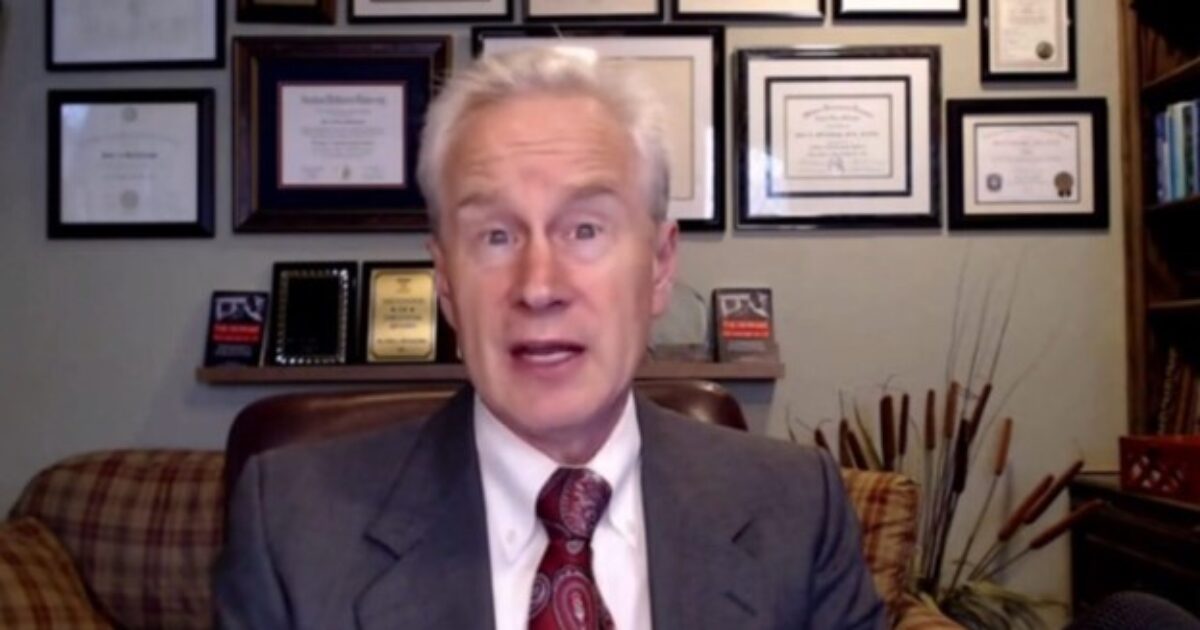A seismic shift has occurred in New York City. Zohran Mamdani, newly elected mayor, delivered a victory speech that resonated with a radical vision, signaling a dramatic departure from the city’s recent past.
The address wasn’t a call for unity, but a declaration. Mamdani, identifying as a “democratic socialist” and the first Muslim mayor-elect, invoked figures far removed from the American political tradition – figures like socialist icon Eugene Debs and Jawaharlal Nehru, the architect of socialist India.
The choice of Nehru, a controversial figure accused of suppressing religious groups, was particularly striking. It underscored a willingness to draw inspiration from ideologies and leaders outside the mainstream, challenging conventional notions of American leadership.

Mamdani’s policy promises were equally bold. He outlined plans for rent freezes, free public transportation, and universal childcare – cornerstones of a socialist agenda aimed at fundamentally reshaping the city’s economic landscape.
He framed his victory as a triumph over a “political dynasty,” proclaiming the “dawn of a better day for humanity.” This wasn’t simply a change in administration; it was presented as a pivotal moment for the city, and perhaps, the nation.
The new mayor didn’t shy away from direct confrontation. He specifically targeted figures like Donald Trump, vowing to hold landlords accountable and dismantle the conditions that allowed wealth accumulation.
Mamdani boldly challenged the former president, stating that New York, the city Trump hails from, held the key to defeating him. He portrayed Trump and his supporters as exploitative forces, promising resistance to what he called a “despot.”
His words were a direct provocation, a gauntlet thrown down. “Turn the volume up,” he dared Trump, signaling an intent to aggressively challenge the previous administration’s policies and legacy.
The speech wasn’t merely a list of promises; it was a manifesto. Mamdani proudly embraced his identity as a Muslim and a democratic socialist, refusing to apologize for his beliefs.
He pledged to meet “oligarchy and authoritarianism with strength,” but critics argue his vision replaces individual freedom with increased state control. This represents a fundamental ideological clash at the heart of the nation’s largest city.
This moment marks a clear articulation of a new left, one focused not only on opposing specific leaders but on dismantling the foundations of a system it views as inherently unjust. It’s a challenge to deeply held beliefs about faith, freedom, and the rule of law.
The implications of this election extend far beyond New York City. Mamdani’s victory and his uncompromising rhetoric signal a potential turning point in American politics, a moment where long-held assumptions are being openly questioned and redefined.





